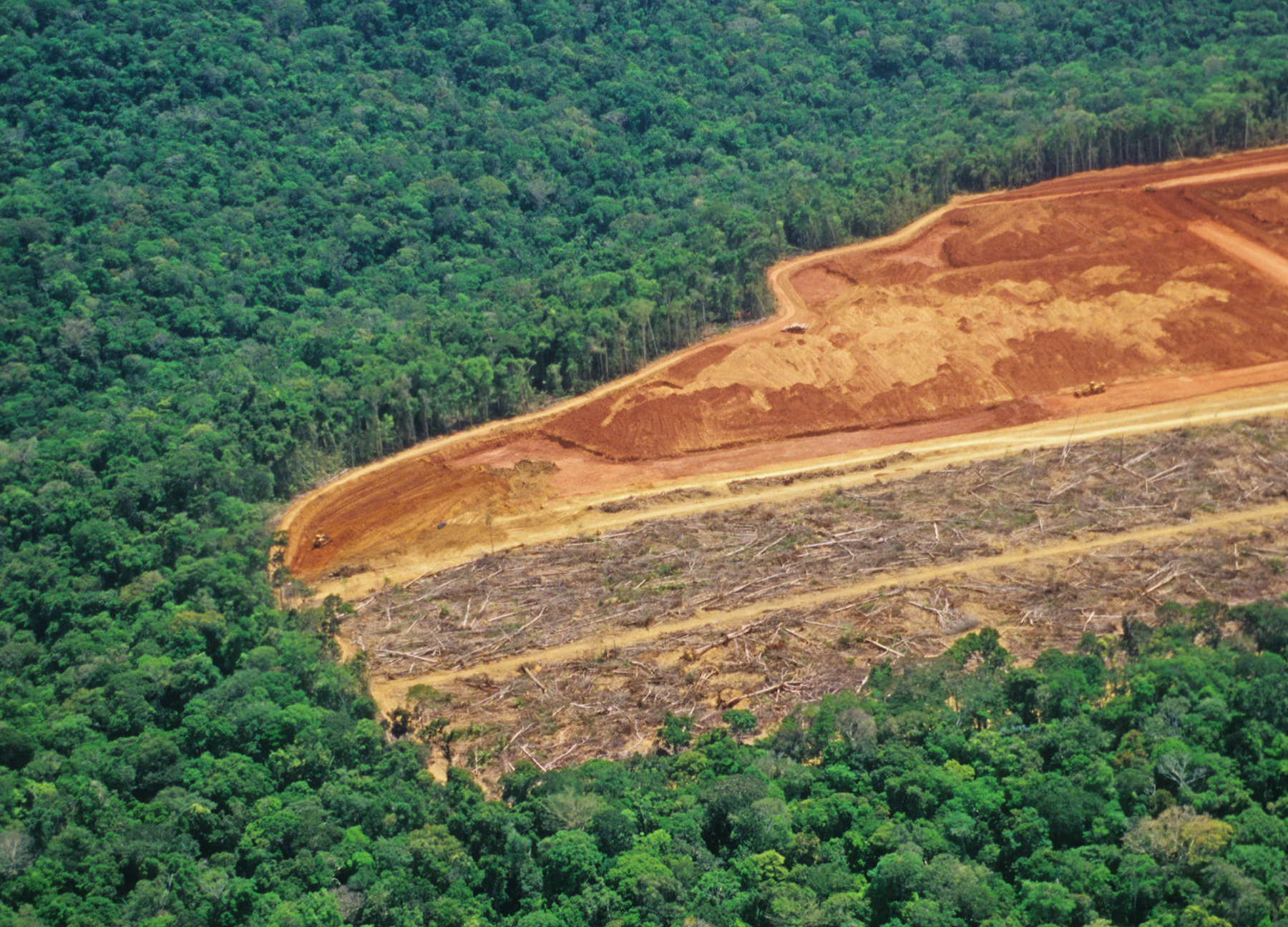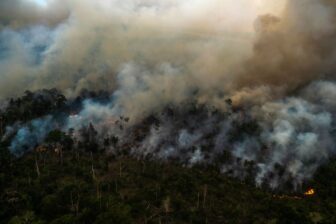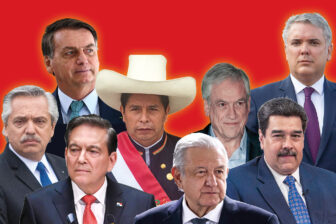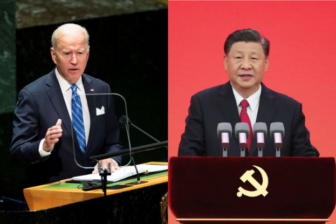Call it Amazongate, a mentira verde, whatever you like, but the consequences are the same: The Brazilian government’s apparent decision to hide data showing a massive 22% increase in Amazon deforestation until after the COP climate summit in Scotland ended is a major development, one that will permanently change how the international community deals with President Jair Bolsonaro.
To recap the facts: On October 27, Brazil’s National Institute of Space Research (INPE, for its initials in Portuguese) finished a report showing deforestation rose to a 15-year high in the period from August 2020 to July 2021, with more than 5,100 square miles of tree cover lost. This annual report came as a negative surprise, since preliminary data from the same institution had suggested deforestation levels were stable, or perhaps down slightly, during that same period.
But instead of publicly releasing the new, more definitive numbers ahead of the UN Climate Summit, which was starting four days later in Glasgow, Bolsonaro and several ministers met at the presidential palace and decided to withhold the data until after the conference was over, The Associated Press reported Friday, citing three of Bolsonaro’s own ministers. (Other media published broadly similar accounts). Environment Minister Joaquim Leite insisted he found out about the numbers only after the summit, attributing the delay to possible “caution” by INPE. But no one I’ve spoken to in embassies or government offices since believes his version of events.
The list of people with egg on their faces is a mile long. Bolsonaro’s government spent 2021 trying to convince the world it finally understood the need to stop deforestation, after years of dismissing the problem as a globalist fever dream. Foreign governments, NGOs and the Brazilian people themselves were always skeptical of this purported change of heart. But perhaps Bolsonaro had understood that, with the departure of his ally Donald Trump and the election of Joe Biden, Brazil risked becoming a full-fledged pariah. And there was just enough evidence, from the preliminary INPE data to the departure of problematic ministers like Leite’s predecessor Ricardo Salles, for some to convince themselves the winds had shifted.
As I wrote earlier this year in Brazil’s Piaui magazine, it was this illusion of relative progress that allowed Biden’s national security advisor Jake Sullivan to travel to Brasilia in August to meet Bolsonaro, and focus on issues besides just the Amazon, namely China. Pressure for sanctions and consumer boycotts of Brazilian products in Europe and elsewhere also abated somewhat. But the real outrage was at the COP summit, where Brazilian officials basically acted like everything was fine while making new commitments that now seem even less viable in light of the new data. Biden’s special climate envoy John Kerry credulously welcomed Brazil’s promise to end illegal deforestation by 2028, two years earlier than before. “Looking forward to working together!” Kerry tweeted.
The apparent deception at Glasgow is galling. But the worst news is the data itself, an unprecedented fourth straight year of increases in deforestation rates. The conclusion is inescapable: Even if you assume Brazil’s government is acting in good faith on the Amazon, its strategy is not working. Deploying the Brazilian military to try to deter illegal loggers, or encouraging companies to “adopt” a patch of rainforest, has not been nearly enough to compensate for massive budget cuts to environmental enforcement agencies and the president’s own rhetoric encouraging wildcat mining and development. When confronted with evidence of its own failures, Bolsonaro’s government consistently prefers to attack or ignore the evidence itself, as it has done with tallies of COVID-19 deaths, its fiscal accounts, or polls showing the president’s approval at all-time lows as he faces reelection next October. There is no reason to believe Bolsonaro will shift tactics now, on the Amazon or any other issue.
Tactically speaking, and through the narrow lens of his own self-interest, Bolsonaro may have made the right decision. Instead of spending two weeks taking a beating from foreign officials and the international media under the bright spotlight at Glasgow, his government will now send its more respectable emissaries to “reaffirm” Brazil’s commitments and quietly downplay reports by a “biased” media. They might just get away with it: Justin Bieber and Cher are no longer Instragramming about the Amazon in 2021 as they were in 2019, and a weakened Biden administration also seems less eager to call Brazil out. The controversy has not been major news in Brazil, where voters are more focused on issues like rising inflation. Activist groups like Greenpeace have called for new sanctions, but others may prefer to just wait in the hope a new government will take charge in January 2023.
In the meantime, however, no one should be under any illusions. The era of treating Bolsonaro’s government as a credible partner capable of reversing the catastrophic damage in the Amazon is now over. Foreign governments, companies, investment funds, NGOs and international bodies like the OECD will all need to decide what that means for them, and how they want to react. But they will no longer need to play along with the occasional sunny rhetoric coming from Brasilia.







